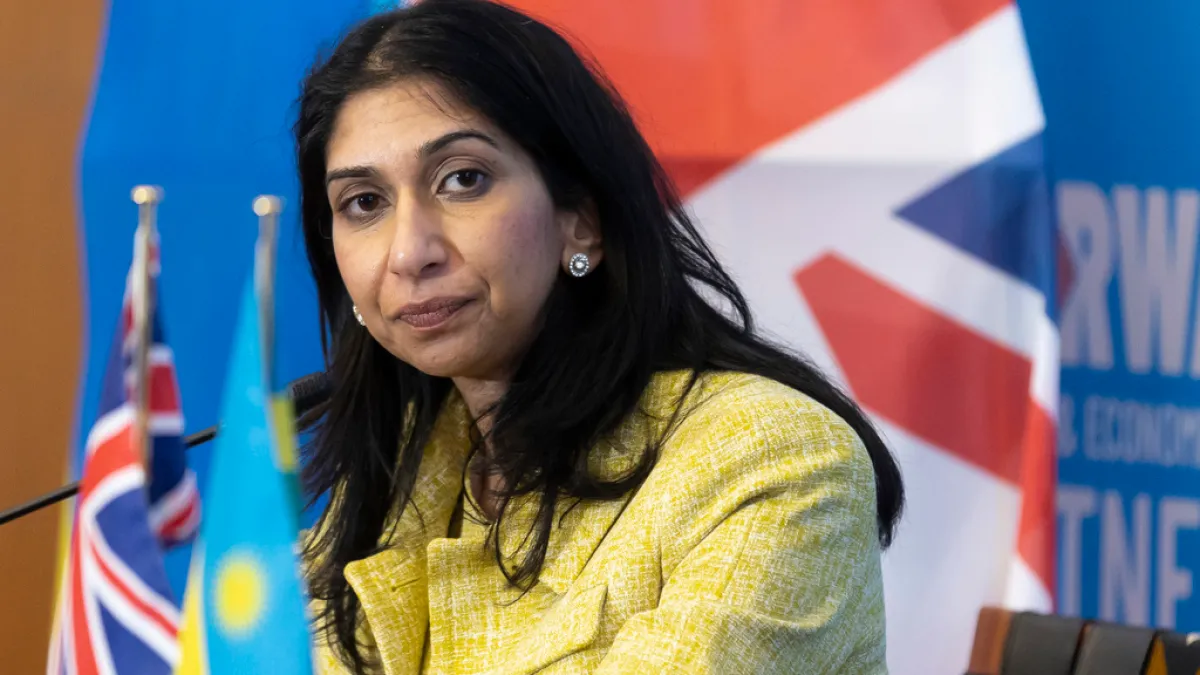In a significant development, the UK’s press regulator, Ipso, has ruled that a claim made by Suella Braverman, the Home Secretary, regarding the ethnicity of grooming gangs, was false. The claim was made in an article published by the Mail on Sunday in April.
In her article, Braverman alleged that child grooming gangs in the UK were predominantly composed of British-Pakistani individuals. She singled out British-Pakistani men for their involvement in child sexual abuse, attributing cultural attitudes that were deemed incompatible with British values. These allegations had allegedly gone unchallenged in their communities and by society at large.
Ipso’s investigation has led to the Mail on Sunday being compelled to issue both an apology and a correction for Braverman’s article, as the regulator determined that her statement was untrue. In its findings, Ipso concluded that Braverman’s decision to link a specific ethnic group to a particular form of offending was significantly misleading.
This finding is particularly notable in light of research conducted by the Home Office itself, which indicated that offenders were primarily from white backgrounds.
In its defense, the Mail on Sunday argued that it had sought confirmation from advisors to the Home Secretary and the Prime Minister, Rishi Sunak, before publishing the article. Both top-level government teams had reportedly approved the statement for publication.
The newspaper also argued, albeit unsuccessfully, that it was entitled to rely on factual information provided by the Home Secretary concerning the ethnicities of grooming gangs, given that the Home Office was responsible for addressing the issue and Braverman held a senior position in that department.
However, the regulator’s conclusion was that, despite the discussions that had transpired behind the scenes, the Mail on Sunday had published an inaccurate statement as fact.
This development marks an unusual situation where a newspaper is required to publish a factual correction to a comment article authored by a leading cabinet minister.
While there have been well-publicized cases involving British-Pakistani individuals in grooming gangs, research released by the Home Office in 2020 contradicted the claim that these gangs were predominantly British-Pakistani. Instead, the report indicated that offenders were “most commonly white” and came from diverse backgrounds.
The Mail on Sunday contested the reliance on this report, arguing that it was published during the tenure of a different Home Secretary, Priti Patel, and that it had concluded that it was “difficult to draw conclusions about the ethnicity of offenders as existing research is limited and data collection is poor.”
Braverman’s advisors later clarified that they had focused on British-Pakistanis in the article due to prominent grooming gang cases in Rotherham, Rochdale, and Telford, where clear evidence of the ethnicity of the perpetrators existed. They emphasized that this was not meant to represent all offenders.
The complaint against the Mail on Sunday was lodged by the Centre for Media Monitoring, an affiliate of the Muslim Council of Britain. The Centre has used the regulatory system on multiple occasions to secure corrections from British newspapers.



